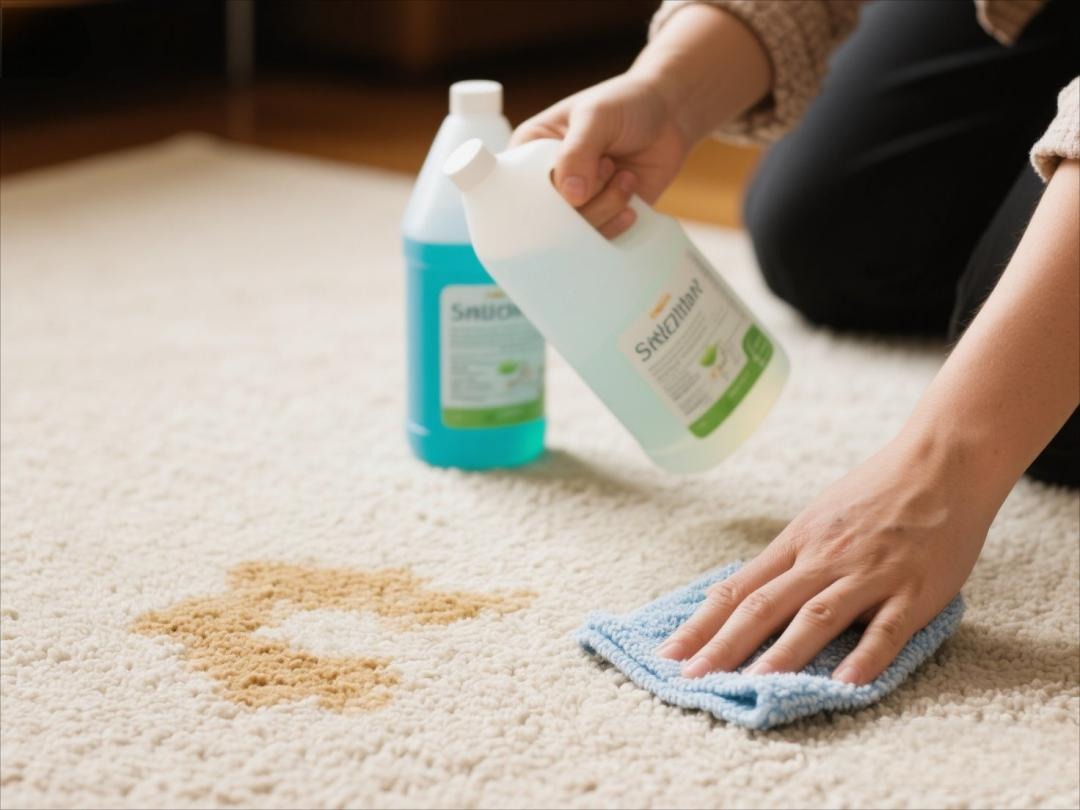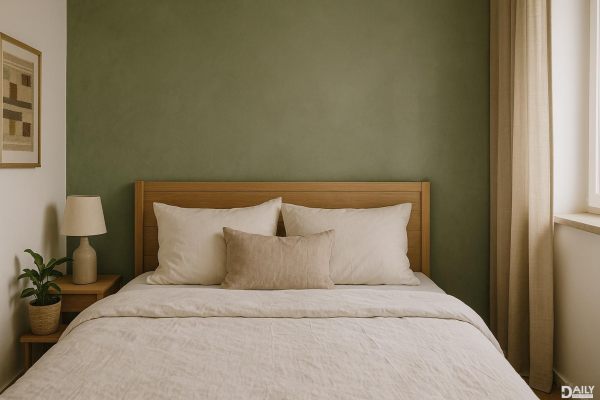Sleep isn't just about clocking hours—it's about quality, consistency, and listening to your body's unique needs. While general guidelines suggest seven to nine hours for adults, your ideal number might be higher or lower depending on factors like age, health, and lifestyle. The key is tuning into your body's signals rather than rigidly adhering to a one-size-fits-all recommendation.
The Myth of the Perfect Sleep Number
We've all heard the magic number: seven to nine hours. But Dr. Holliday-Bell compares sleep needs to shoe sizes—what fits one person might leave another cramped or swimming in extra space. She emphasizes that sleep requirements are highly individual, influenced by genetics, activity levels, and even stress. For example, athletes or those recovering from illness often need more sleep to repair tissues and recharge. Meanwhile, some people thrive on slightly less, provided their sleep is deep and uninterrupted. The goal isn't hitting an arbitrary target but waking up refreshed and maintaining energy throughout the day without relying on caffeine or naps.
Why Your Sleep Needs Fluctuate
Sleep isn't static. Life changes—like pregnancy, menopause, or a new workout regimen—can shift your requirements. Hormonal shifts, especially in women, often disrupt circadian rhythms, leading to increased sleep needs or fragmented rest. Mental health also plays a role: anxiety and depression can either spike insomnia or trigger hypersomnia (excessive sleep). Even your environment matters. City dwellers exposed to constant light and noise may need longer sleep to counteract disruptions, while those in quieter rural areas might sleep more efficiently. The bottom line? Your body’s demands evolve, so staying attuned to how you feel is crucial.
The Science of Sleep Debt and Recovery
Missing sleep isn’t like skipping a meal—you can’t just "catch up" in one marathon snooze session. Sleep debt accumulates, and while a weekend lie-in helps, it doesn’t fully erase the deficit. Research shows chronic short sleepers (those regularly logging under six hours) face higher risks of obesity, diabetes, and heart disease, even if they occasionally binge-sleep. On the flip side, oversleeping (consistently beyond nine hours) can signal underlying issues like thyroid dysfunction or depression. The sweet spot? Consistency. Going to bed and waking at the same time daily—yes, even weekends—trains your body to optimize sleep quality, reducing the need for extreme catch-up sessions.
Practical Tips for Personalized Sleep
Forget rigid rules—experiment. Try Dr. Holliday-Bell’s "sleep vacation" hack if possible, or track your energy levels after varying sleep durations using a journal or app. Cut caffeine after 2 p.m., dim lights 90 minutes before bed, and avoid alcohol’s seductive but sleep-wrecking trap. If you’re a night owl forced into an early schedule, negotiate flexible hours or sneak in a 20-minute power nap. And if you’re constantly exhausted despite "enough" sleep? Dig deeper. Nutrient deficiencies (like low iron or vitamin D) or sleep disorders (hello, undiagnosed apnea) could be stealthily sabotaging your rest.
Sleep isn’t a luxury—it’s the foundation of everything from mood to metabolism. Instead of obsessing over numbers, focus on how you feel. Your body’s signals—not a textbook guideline—are the ultimate authority on whether you’re getting the sleep you truly need.
























